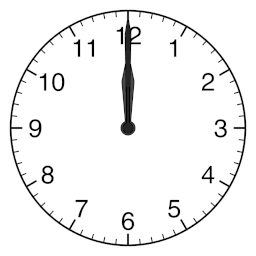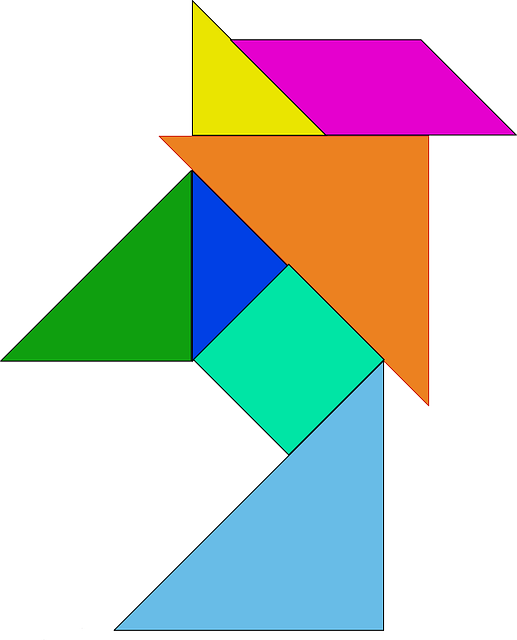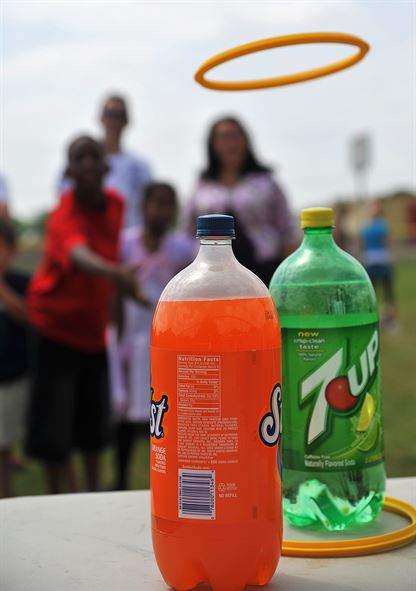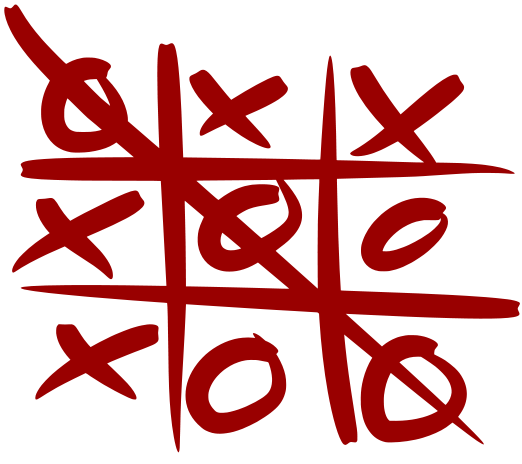How to Study Math: 35 Easy Math Tips You Need to Know
Trying to figure out how to study math this year? Are you struggling with math concepts? Exams stressing you out? Are you finding it difficult to come up with an effective study plan? Do you want to know how to study math easily? What if I told you that success is just around the corner. This list will help you overcome any math course barriers or issues that you might be facing.
 Whether you follow all of these tips, or just a few, you are guaranteed to come out in the top of the class. Don’t delay any further – read on to discover how to study math like a pro!
Whether you follow all of these tips, or just a few, you are guaranteed to come out in the top of the class. Don’t delay any further – read on to discover how to study math like a pro!
- Study in a distraction free environment. Yes, that means leaving your phone in another room, not studying in the living room and avoiding listening to music.
- Keep a math dictionary with all the important terms and their definitions. Make sure that you write them out as well on index cards or somewhere so that you have easy access to the info.
- Practice, practice, practice. There isn’t anything much more effective than completing practice questions. These can be found online or by asking your teacher or tutor.
- Take some time to study your math online and use tutorials and videos that you can pause and replay until you fully understand topics and concepts.
- Do your homework, even when the teacher hasn’t assigned any. By doing a bit of math every night you will be cementing your understanding of the topic. This is one of the fastest, best ways to really understand math and ace your tests this year.
- Befriend your teacher. No need to become besties, but by developing a positive working relationship you will feel more comfortable to seek help. This will also increase your chances that your teacher will check in with you to make sure you have a solid understanding of what they are teaching you (and testing you on).
 Read ahead. This means you can have questions for your teacher already prepared. It’s the best way to avoid get caught behind or struggling to understand whatever the topic is. If you know what’s coming you can have your questions and issues ready to go once your teacher has covered the topic. Why wait a day or three before raising your issues?
Read ahead. This means you can have questions for your teacher already prepared. It’s the best way to avoid get caught behind or struggling to understand whatever the topic is. If you know what’s coming you can have your questions and issues ready to go once your teacher has covered the topic. Why wait a day or three before raising your issues?- Time yourself when answering questions to help deal with time pressures that occur during exams. SAT, ACT and other exams including end of semester exams are frequently timed, don’t get caught not having the time you need to finish!
- Use the extras that come with your textbook such as CDs and apps as they offer valuable practice questions and explanations.
 Create a study timetable to ensure that you have enough time to review all topics and leave no stone unturned.
Create a study timetable to ensure that you have enough time to review all topics and leave no stone unturned.- Teach a friend. It is often said that you don’t fully understand anything unless you can explain it to someone else.
- Use flash cards to improve your memory recall. They also help with self-reflection and can boost your confidence. It’s a fast, easy way to grab a few minutes of review on the go as well.
- Get help sooner rather than later. Math is a cumulative subject, meaning that knowledge is built on past skills. If you don’t understand part of a topic, chances are you will struggle with the next chapter. Understand each step and topic before moving on.
- Don’t cheat. Copying someone else’s homework will only make it look like you understand math problems, and cheating in an exam can have serious ramifications. There is truth in the saying that you are only cheating yourself.
- Sit in the right place in the classroom, making sure you can see the board clearly and hear the teacher. Try to avoid sitting with anyone that is likely to distract you.
- Get a tutor to provide personalized help in the areas you struggle the most.
 Play math games. By making studying fun you are more likely to do it. Plenty of games can be found online and you can compete against yourself (improving your personal best) or against other players for extra motivation.
Play math games. By making studying fun you are more likely to do it. Plenty of games can be found online and you can compete against yourself (improving your personal best) or against other players for extra motivation.- Talk to yourself. This may sound a little weird and probably a tactic that is best done in the privacy of your bedroom, but by talking through what you are doing you will be reinforcing rules and committing them to your memory.
- Always check your answers to avoid making silly mistakes.
- Color code your notes. Highlight each topic in a particular color to help you find information when you are looking for it.
- Get some sleep. This might sound counterintuitive, but staying up all night takes its toll on your brain so make sure you get adequate rest, especially the night before an exam.
- Practice good time management. Organizing your study schedule isn’t the only thing that will benefit from effective time management. Managing your time in exams is crucial. If a problem is stumping you, make a note and come back to it if you have time. You’re better off answering the questions you know you can answer successfully than spending a lot of time on a question that is confusing and time consuming.
 Form a math study group with some like-minded friends is a great answer to the question of ‘how to study math in college’. Studying in a group can be very effective, but also has the potential to turn into a social gathering so make sure your group remains focussed on math.
Form a math study group with some like-minded friends is a great answer to the question of ‘how to study math in college’. Studying in a group can be very effective, but also has the potential to turn into a social gathering so make sure your group remains focussed on math.- Create a ‘cheat sheet’. This isn’t actually cheating, but organizing your rules and formulas onto one page that you can easily access when you need to refresh your memory. Sometimes you are even allowed a ‘cheat sheet’ in exams so having an easy-to-read one already prepared is very handy.
- Sing about it! Learning a song can help you memorize formulas and rules. Try some of these: http://www.calculus-help.com/storage/funstuff/qformula.mp3
http://mathstory.com/mathsongs/hypotenuse.aspx
https://www.teachingchannel.org/videos/switch-sign-in-algebra  Ask lots of questions. Don’t be afraid to ask your teacher or tutor loads of questions, and don’t be embarrassed because chances are that many other students will have the same question so you will be helping others too.
Ask lots of questions. Don’t be afraid to ask your teacher or tutor loads of questions, and don’t be embarrassed because chances are that many other students will have the same question so you will be helping others too.- Team up with a friend or classmate who will take notes for you if you happen to miss class. You should do the same for them. They might prove to be a valuable study partner as well.
- Try and apply the mathematical concepts you are studying in geometry or algebra to the real world. You are more likely to remember them by doing this.
- Always show your work in each problem that you do! This proves that your thinking is on the right track, even if you make a silly mistake and come out with the wrong answer. You will get marks for showing your working, and all those marks add up!
- Get clarification on anything you are unclear about. If you are unsure if what you are doing is right, check it. You can do this by asking your teacher or tutor, reading back through your notes or textbook, or by asking a friend to check your work.
- Be positive! A good attitude will go a long way to helping you succeed. Don’t dwell on your mistakes, instead, keep reminding yourself what you can do, and that you are capable of mastering difficult topics.
- Understand your calculator. Not just how it works and ensuring that you press the buttons in the right order, but also the reasoning behind why you a pressing each button. This will help cement your understanding of concepts and formulas.
- Redo your mistakes to understand and learn where you went wrong to avoid making the same mistake again.
 Take your time. Sure, exams have time limits and it’s always good to be mindful of this, but if you rush too much you are likely to make silly mistakes. When doing your homework, take the time to ensure you understand each problem.
Take your time. Sure, exams have time limits and it’s always good to be mindful of this, but if you rush too much you are likely to make silly mistakes. When doing your homework, take the time to ensure you understand each problem.- Stick at it! Don’t give up. As Einstein once said, “It’s not that I’m so smart, it’s just that I stay with problems longer.” Persevere and you will succeed.
When it comes to knowing how to study math, you are now an expert! By applying these tips, you are on your way to becoming a math genius! Good luck!

Enjoy All The Benefits
You don’t pay your first hour unless you find it a good fit.
Only pay for the time you need.
No subscriptions or upfront payments.
Find Tutors Near You Best of all? You don’t need to spend money on fancy games, all of these games can be created with objects you have lying around the house. The great things about these math games is that you can adapt them to any age group, meaning you can play the same game with the whole family!
Best of all? You don’t need to spend money on fancy games, all of these games can be created with objects you have lying around the house. The great things about these math games is that you can adapt them to any age group, meaning you can play the same game with the whole family! The good thing about this game is that it has the potential to entertain children for hours. The game is played much like the traditional game of
The good thing about this game is that it has the potential to entertain children for hours. The game is played much like the traditional game of  This game is just like many games you see at carnivals!
This game is just like many games you see at carnivals! Turn this classic game into a educational math activity.
Turn this classic game into a educational math activity. Everyone has a deck of cards lying around, so dig them out and play this math game.
Everyone has a deck of cards lying around, so dig them out and play this math game.